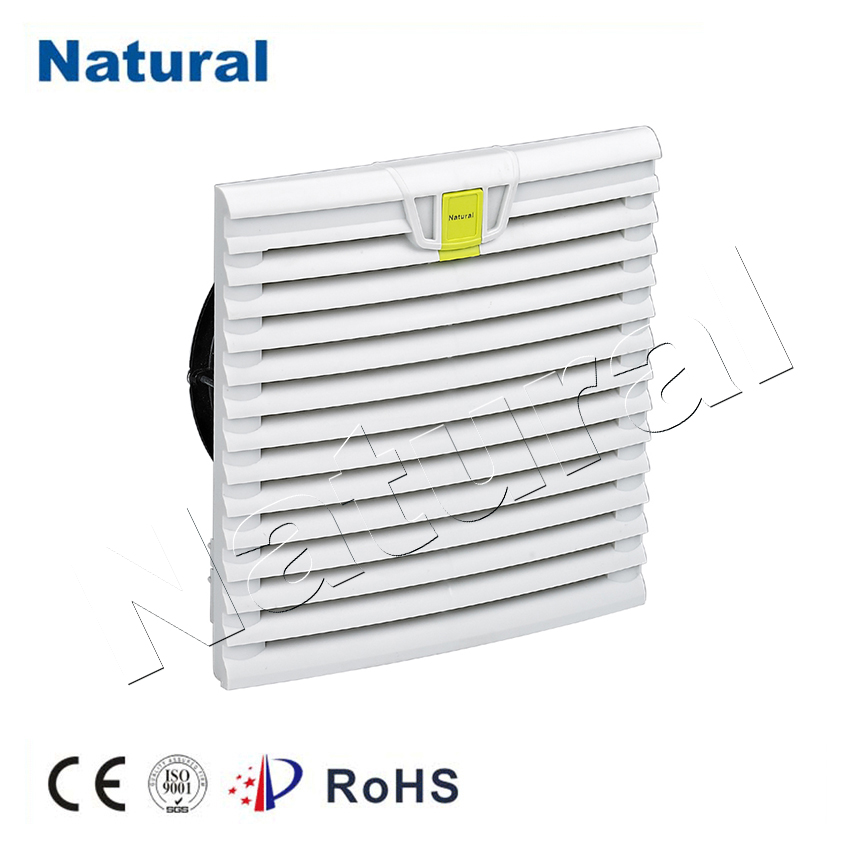In today’s rapidly advancing technological landscape, electronic devices have become an indispensable part of our lives, driving efficiency and convenience across various industries. However, as devices become more sophisticated, they also become more vulnerable to the effects of dust and debris. This is where fan filters step in, playing a crucial role in maintaining air quality and prolonging the life of electronic equipment.

The Importance of Fan Filters Fan filters, often overlooked, are an essential component in electronic devices that rely on cooling systems. These systems consist of fans that draw in external air to dissipate heat generated during operation. While this cooling process is essential to prevent overheating, it also exposes the internal components to airborne particles that can accumulate over time. Dust, pollen, pet dander, and other pollutants can accumulate on sensitive circuitry, leading to a range of issues from reduced performance to complete system failure. Maintaining Air Quality One of the primary benefits of fan filters is their ability to maintain a higher standard of air quality within electronic enclosures. By preventing airborne particles from entering the device, fan filters significantly reduce the risk of contaminants settling on delicate components. This is particularly crucial in environments where air quality is compromised, such as industrial settings or locations with high pollen counts. Prolonging Equipment Longevity Electronic devices represent substantial investments, both financially and functionally. Fan filters can contribute to protecting this investment by extending the lifespan of equipment. The accumulation of dust and debris can lead to overheating, which in turn stresses internal components and reduces their operational life. Fan filters act as a barrier, preventing the buildup of pollutants and allowing the cooling system to function optimally. This ultimately leads to prolonged equipment longevity and reduced maintenance costs. Optimizing Performance The performance of electronic devices is intimately linked to their operating temperature. Excessive heat can cause components to slow down or malfunction, negatively impacting their overall performance. Fan filters play a pivotal role in ensuring consistent cooling, which helps devices maintain their peak performance levels even during demanding tasks. By reducing the risk of overheating, fan filters contribute to a smoother and more efficient user experience. Easy Installation and Maintenance One of the advantages of fan filters is their simplicity in installation and maintenance. Most fan filters are designed to be easily snapped onto existing fan openings or secured with minimal effort. Regular maintenance involves cleaning or replacing the filters, a process that is far less cumbersome than addressing the consequences of internal component damage caused by accumulated dust. Customization for Specific Needs Fan filters are available in various types, sizes, and materials to suit different equipment and environments. Some filters are designed for fine particulate filtration, while others may focus on larger debris. This flexibility allows users to tailor their fan filter selection to their specific requirements, ensuring an effective solution that aligns with their needs. Conclusion In the ever-evolving landscape of technology, fan filters stand as silent guardians, protecting our electronic devices from the invisible threats that could compromise their performance and lifespan. From maintaining air quality to prolonging equipment longevity, these unassuming components play a pivotal role in optimizing the functionality and reliability of our cherished devices. As we continue to integrate electronics into more facets of our lives, the importance of fan filters should not be underestimated. Taking steps to incorporate them into our devices can lead to more resilient and enduring electronics, ultimately enhancing the way we interact with and depend on technology.